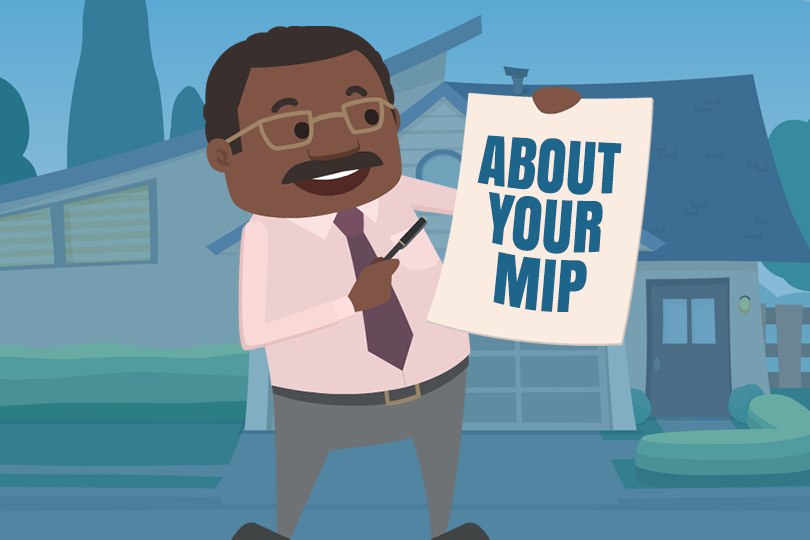Comparing FHA Mortgage Insurance with Conventional Mortgage Insurance

There are two primary types of mortgage insurance: private mortgage insurance, sometimes known as conventional mortgage insurance or CMI for short, and Federal Housing Administration (FHA) mortgage insurance.
But that does not mean you can use FHA mortgage insurance on a conventional mortgage or vice-versa.
Borrowers who apply for a conventional residential home loan need conventional mortgage insurance. When you apply for an FHA loan, you get FHA mortgage insurance. The two are not identical and are not interchangeable.
While both serve the same purpose, they differ significantly in several key areas, including eligibility requirements, cost structures, and cancellation policies. Understanding these differences is crucial for prospective homebuyers to make informed decisions about what home loan product is right for them.
Private Mortgage Insurance
Private mortgage insurance, also known as conventional mortgage insurance, is protection designed to spare lenders a significant loss if a borrower defaults on a loan approved with less than a 20% down payment (in the absence of a government-guaranteed loan like an FHA mortgage).
Paying less than 20% down is viewed as a more risky loan for the lender, hence the insurance requirement.
- Eligibility Requirements
Private mortgage insurance typically has stricter eligibility requirements than FHA mortgage insurance. Borrowers typically need good credit scores (680 or higher) and a debt-to-income ratio no higher than 43%. - Cost Structure
The cost varies based on the borrower's credit score, down payment amount, loan term, and the insurance provider. It is usually paid as a monthly premium added to the borrower's mortgage payment. There may be options (depending on the lender) to apply for single-premium options or lender-paid mortgage insurance. That's an option where the lender deals with the insurance premium. This is typically accomplished by the lender charging a slightly higher interest rate in exchange for paying the mortgage insurance. - Cancellation Policies
Private mortgage insurance can be canceled once the borrower reaches 20% equity in the home. Borrowers may ask to cancel the insurance sooner if they have made higher-than-the-minimum mortgage payments and have reached the required equity faster than expected.
The Federal Housing Administration guarantees FHA mortgages. This program allows borrowers with lower credit scores and smaller down payments to apply for a home loan.
The FHA mortgage insurance requirements found in HUD 4000.1, the FHA Single-Family Lender's Handbook, do not include paying a third party. That's because FHA mortgage insurance is paid directly to the federal government.
- Eligibility Requirements
FHA loans have more lenient eligibility requirements than conventional loans. According to FHA loan rules, borrowers can technically qualify for an FHA mortgage with a credit score as low as 500. This requires a 10% down payment. Applicants with FICO scores of 580 or higher may qualify for a 3.5% down payment. These on-paper standards listed here do not reflect lender requirements, which may be higher. - Cost Structure
FHA mortgage insurance includes an upfront mortgage insurance premium (UFMIP) plus an annual MIP. The UFMIP is a one-time fee the borrower pays on closing day, or it may be financed into the loan amount. The MIP is paid in installments as a monthly fee as part of the mortgage payment. - Cancellation Policies
FHA mortgage insurance is payable for either 11 years or the lifetime of the mortgage, depending on the downpayment and other variables.
Before deciding on the right mortgage, it's smart to compare quotes from different lenders, including the amount you'll pay for mortgage insurance.
------------------------------
RELATED VIDEOS:
Don't Skip the Home Inspection
Bigger is Better With a Jumbo Loan
Insuring Mortgages With the FHA Funding Fee

Do you know what's on your credit report?
Learn what your score means.







